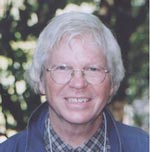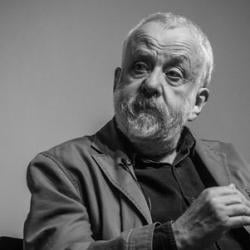Elements of [Merton's] conversion run the gamut, according to those assessing what truly causes such a transformation. Some note a change of direction, a true reorientation of one's self, or even a personal revolution. Dr. Anthony Padovano, an ardent Merton observer, suggests there is an "‘Ah-ha' eureka experience and nothing looks the same again. I guess the closest most come to it is love. When you are in love with someone, the whole world looks different all of a sudden." Certainly a crisis may create a path to conversion, whether it is from no religion or spirituality to one, from one to another, or the complete abandonment of any. Conversion expert Dr. Lewis Rambo believes experiencing a crisis causes one to become a "religious seeker," where the "crisis destroys the old so that something new is required." Rambo's commonsense view fits perfectly with Merton's acknowledgment that his path to Gethsemani was highly influenced by disgust for his previous, unfulfilling lifestyle. This spurred Merton to seek a new religion (Catholicism), which led him to a monastic life with lasting consequences. This squares with his words in SSM, "And then it suddenly became clear to me that my whole life was at a crisis. . . . It was a moment of crisis, yet of interrogation: a moment of searching."
Join the discussion: What is your experience of religious conversion?
Read the second book excerpt from Beneath the Mask of Holiness: Thomas Merton and the Forbidden Love Affair that Set Him Free next week at Patheos.
 Mark Shaw, a Theological Studies graduate at San Francisco Theological Seminary, is an attorney turned author with nearly twenty published books. His latest, Beneath the Mask of Holiness: Thomas Merton and the Forbidden Love Affair that Set Him Free, was published November 10, 2009. More about the book and Mark, a resident of Superior, Colorado, is available at www.markshawbooks.net.
Mark Shaw, a Theological Studies graduate at San Francisco Theological Seminary, is an attorney turned author with nearly twenty published books. His latest, Beneath the Mask of Holiness: Thomas Merton and the Forbidden Love Affair that Set Him Free, was published November 10, 2009. More about the book and Mark, a resident of Superior, Colorado, is available at www.markshawbooks.net.




